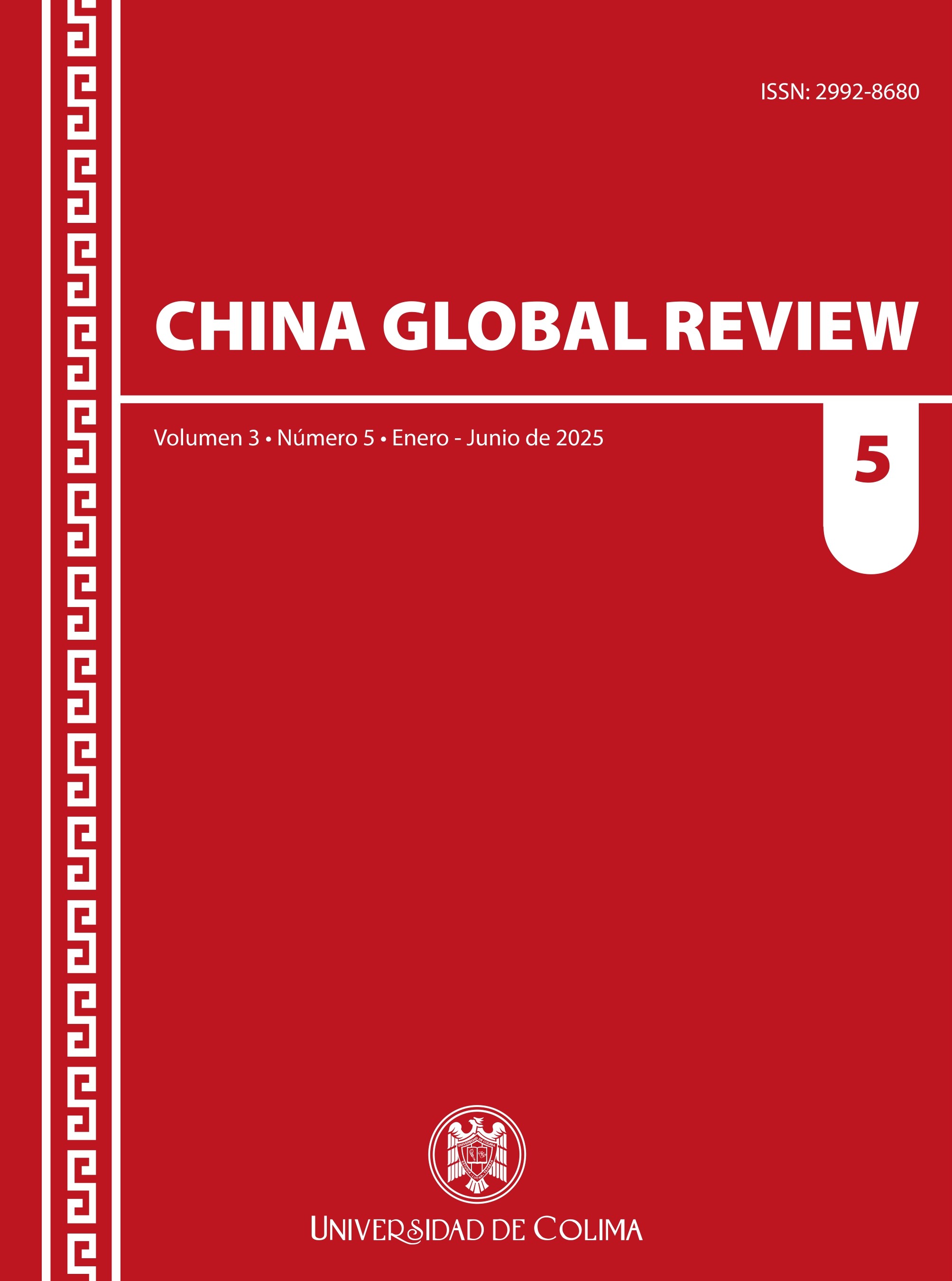China’s Cultural Diplomacy toward Argentina in the 21st Century: The Strategic Role of the Confucius Institutes
DOI:
https://doi.org/10.53897/REvChinaGR.2025.05.05Keywords:
soft power, cultural diplomacy, Confucius Institute, Argentina, higher education, postcolonial theoryAbstract
This article explores the impact of Confucius Institutes in Argentina as a tool of China's cultural diplomacy, evaluating their contributions, challenges, and prospects. Through qualitative analysis, the study examines the institutes' activities and influence on China’s public image, as well as their role in education and bilateral relations between both countries. The research uses a theoretical framework of soft power and cultural diplomacy, incorporating case studies and document analysis. Findings suggest that Confucius Institutes have improved China’s public perception in Argentina and helped build strong relationships. However, challenges related to academic autonomy remain. The study concludes that to ensure long-term success, Confucius Institutes must maintain transparent collaboration with host universities and adapt to the Argentine educational context.
Downloads
Metrics
References
Altbach, P. G., y Knight, J. (2007). The internationalization of higher education: Motivations and realities. Journal of Studies in International Education, 11(3–4), pp. 290–305. https://doi.org/10.1177/1028315307303542
Bardin, L. (2011). Análisis de contenido (Ed. revisada). Akal.
Bhabha, H. K. (1994). The location of culture. Routledge.
Center for Language and Cooperation. (2023). Annual development report of Confucius Institutes. http://ci.chinese.cn/en/article/2023CIreport
Chan, S. (2022). China’s soft power in Latin America: Confucius Institutes and educational engagement. Asian Journal of Social Science, 50(1–2), pp. 44–62. https://doi.org/10.1016/j.ajss.2021.101393
Chinese Testing International. (2023). HSK statistics for Latin America. http://www.chinesetest.cn
Cull, N. J. (2009). Public diplomacy: Lessons from the past. CPD Perspectives on Public Diplomacy. University of Southern California. https://uscpublicdiplomacy.org/sites/uscpublicdiplomacy.org/files/legacy/publications/perspectives/CPDPerspectivesLessons.pdf
Hartig, F. (2012). Confucius Institutes and the rise of China. Journal of Chinese Political Science, 17(1), pp. 53–76. https://doi.org/10.1007/s11366-011-9175-7
Instituto Confucio – Universidad de Buenos Aires (IC-UBA). (2022). Informe anual 2022. https://www.institutoconfucio.edu.ar/
Instituto Confucio – Universidad Nacional de Cuyo (IC-UNCuyo). (2020). Informe de actividades 2020. https://bdigital.uncuyo.edu.ar/17862
Instituto Confucio – Universidad Nacional de La Plata (IC-UNLP). (2020). Memorias 2020. Instituto de Relaciones Internacionales – UNLP. https://www.iri.edu.ar/wp-content/uploads/2023/02/Memorias-2020.pdf
Instituto Confucio – Universidad Nacional de Río Cuarto (IC-UNRC). (2022). Informe de gestión 2022. Facultad de Ciencias Humanas, UNRC. https://www.hum.unrc.edu.ar/informe-2022/
Latinobarómetro Corporation. (2020). Informe Latinobarómetro 2020 – Argentina, Brasil, Chile, México. https://www.latinobarometro.org
Latinobarómetro Corporation. (2023). Informe Latinobarómetro 2023 – Argentina, Brasil, Chile, México. https://www.latinobarometro.org
Leite, C., & Rodríguez, A. (2020). Institutos Confucio en América Latina: ¿diplomacia cultural o intervención estratégica? Confines, 16(31), pp. 65–88. https://doi.org/10.46589/confines.v16i31.1023
Melissen, J. (2005). The new public diplomacy: Soft power in international relations. Palgrave Macmillan. https://doi.org/10.1057/9780230554931
Nye, J. S. (2004). Soft power: The means to success in world politics. PublicAffairs.
Said, E. W. (1978). Orientalism. Pantheon Books.
Shambaugh, D. (2015). China’s soft-power push: The search for respect. Foreign Affairs, 94(4), pp. 99–107. https://www.foreignaffairs.com/china/chinas-soft-power-push
Spivak, G. C. (1988). Can the subaltern speak? In C. Nelson & L. Grossberg (Eds.), Marxism and the interpretation of culture (pp. 271–313). University of Illinois Press.
UNESCO. (2020). Towards a global convention on the recognition of qualifications concerning higher education. https://unesdoc.unesco.org/ark:/48223/pf0000371045
Wang, Y. (2011). Pursuing soft power in a multipolar world: China’s public diplomacy re-examined. International Politics, 48(3), pp. 389–411. https://doi.org/10.1057/ip.2011.6
Zhao, S. (2009). The Chinese approach to soft power. Asian Politics & Policy, 1(3), pp. 383–402. https://doi.org/10.1111/j.1943-0787.2009.01135.x
Published
How to Cite
Issue
Section
License
Copyright (c) 2025 Mauricio Percara

This work is licensed under a Creative Commons Attribution-NonCommercial-ShareAlike 4.0 International License.
China Global Review permite compartir, copiar y redistribuir el material en cualquier medio o formato; adaptar, remezclar, transformar y construir sobre el material, dando crédito a la obra de manera adecuada y proporcionando un enlace a la licencia, indicando si se han realizado cambios.









